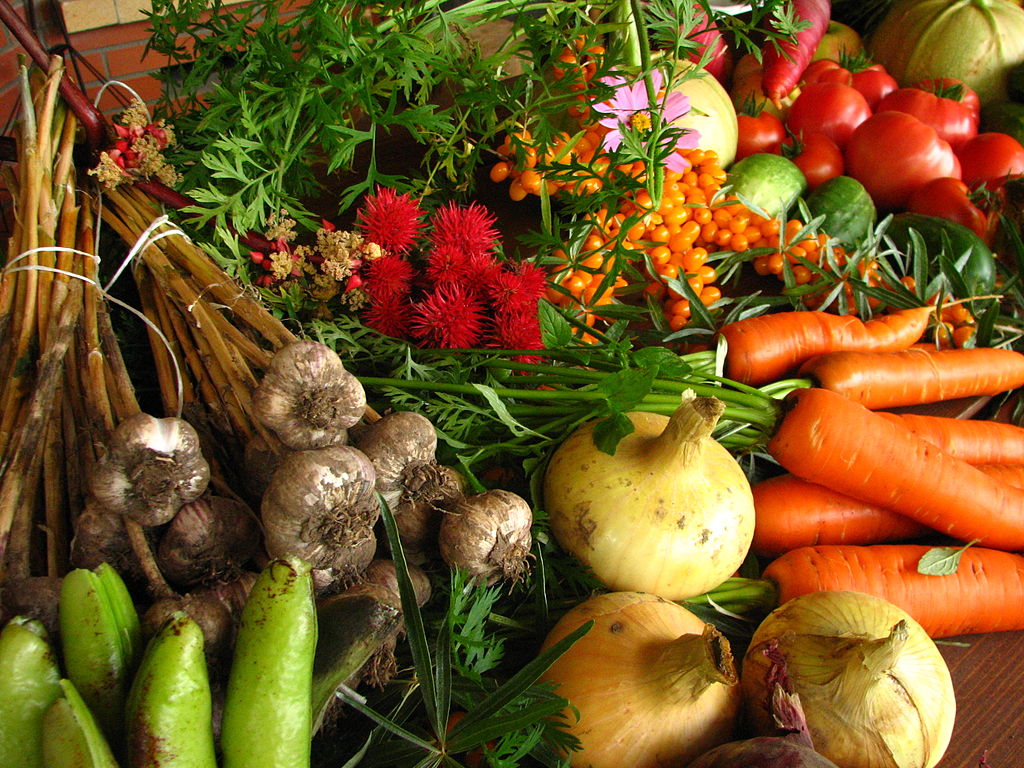What are Organic Farming Methods?

If you, like Bennett Kireker, have an interest in organic farming, you might be curious about what it is that distinguishes organic methods from conventional farming. Popular understandings of organic farming highlight the fact that organic methods don’t use pesticides to control pests or chemical fertilizers. This means that the organic food you purchase has not been contaminated with chemicals with known or suspected to cause health problems. While the minimization of chemical inputs is a hallmark of organic farming practices, there are other features that are less well-known.
Crop diversity
An important principle of organic farming is to maintain the nutrient basis and biodiversity of soil through natural methods – crop diversity is one of the most important ways that this can be accomplished. Conventional farming methods involve planting the same crop on the same plot of land year after year, a practice known as monoculture. Organic farming adopts the practice of polyculture, which involves planting a number of different crops on a seasonal rotation. Polyculture contributes to crop and soil health by creating environments supportive of different “friendly” insects, microorganisms, and varied nutritional and bioorganic components.
Weed management
Whereas traditional agriculture relies heavily on the use of chemical pesticides to control weeds, organic farming practices adopt a different and more integrative approach to suppressing weeds. One of the benefits of crop rotation practices is that in between the primary crops, farmers plant “weed suppressing” cover crops that work to discourage the weeds that are associated with particular commercial crops. Organic farmers can also deploy other planting strategies to discourage weeds, including planting seedlings close together. They also use mechanical methods to control weeds such as physically removing weeds, using heat to kill weeds, and placing plastic films or landscape fabrics over the soil to prevent weeds from growing.
Pest control
There is no question that crops need to be protected from damage caused by pests, which can be devastating. Rather than using chemical methods, organic farmers use natural strategies including the propagation of competitive but non-damaging insects to help control destructive pests, rotating crops to interrupt insect life-cycles, using insect traps and physical barriers, and using natural insecticides approved for use in organic farming.
Non-GMO
One of the important features of organic farming is the rejection of genetically modified crops. There is an emphasis in organic farming in the preservation of seed and grain lineages as a part of the common human food heritage, in opposition to the idea that any large agricultural business should have a patent on food.
Understanding the difference between conventional and organic farming practices can help the consumer to understand why organic produce tends to cost more – clearly, organic farming is more labor-intensive and does not benefit from the large economies of scale that is available to conventional farmers. It is up to the consumer to make the decision about whether these practices make the final price paid at the register worth it.









